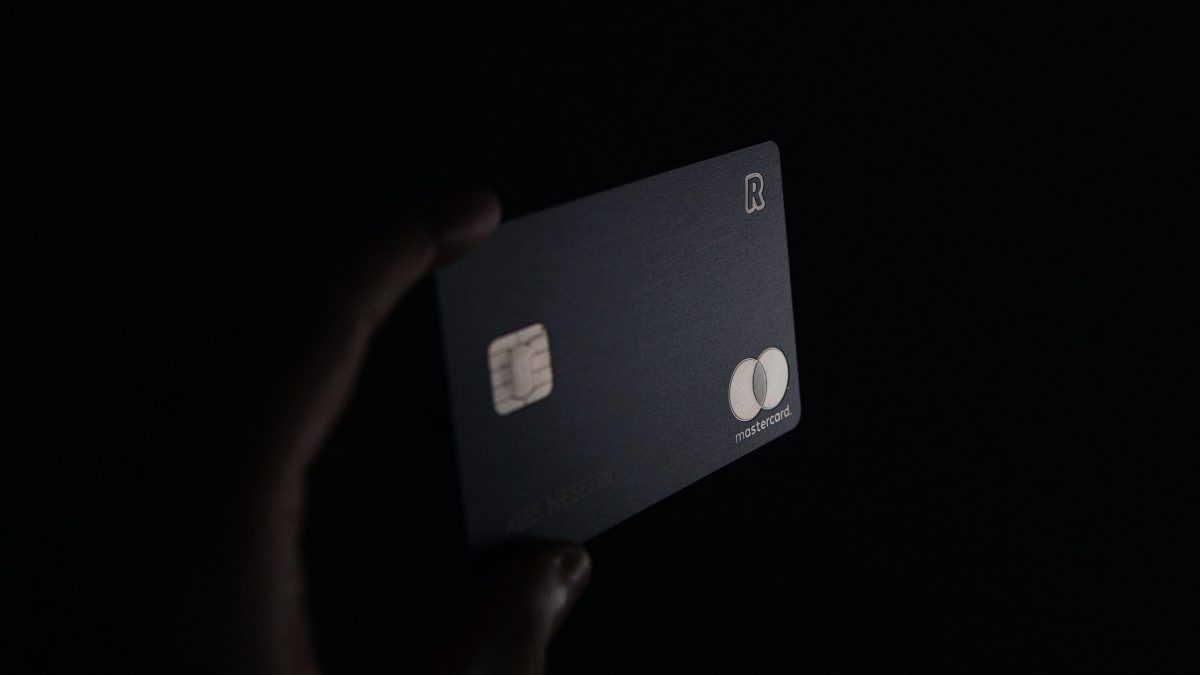
London’s decriminalisation plan: a different approach to the war on drugs
March 31, 2022
Commercial Awareness Update – W/C 4th April 2022
April 1, 2022Article by Hanna Bajwa
Founded in 2005, BNPL (buy now pay later) Klarna offers various forms of short-term interest-free credit, though it is best known for allowing users to pay in instalments. The BNPL sector has ballooned during the pandemic, with academics estimating that the UK market more than doubled to £5.7bn in 2021. Klarna boasts more than 100 million active customers globally, according to the CEO of Klarna, Sebastian Siemiatkowski, and has also accelerated its “global expansion with the addition of 10 new markets since the start of 2020”. 250,000 retail partners, including H&M, IKEA, Samsung, ASOS and Nike, have enabled Klarna’s innovative online shopping experience online and in-store, making Klarna one of the most highly valued private fintechs globally with a valuation of $31 billion.
Despite Klarna being a major player in the BNPL sector, they have reported losses of $748 million for the full year 2021 due to expansion into fresh markets, challenges of underwriting, a massive inflow of new customers and other operating costs. This is a 337 per cent increase on its 2020 loss.
What does Klarna teach us? Firstly, that the BNPL market continues to expand, with consumers happy to transact more and more with the spending model. Secondly, that growth in the BNPL market is not cheap; Klarna’s operating costs are scaling rapidly, and the company’s profitability is suffering. It is not just Klarna that has lost millions in 2021; Afterpay, another major BNPL company, has also reported a $156.3 million loss for the 2021 financial year, which was up by almost 700% compared to 2020. Zip also reported a $652 million loss, a 3000% increase in 2021.
So, what is next for Klarna? As the BNPL market matures, with competitors Zip and Sezzle merging and Square acquiring AfterPay, the next step for Klarna looks to be building out its banking infrastructure to be a ‘neobank’, in the same vein as Square’s Cash App or Revolut.





